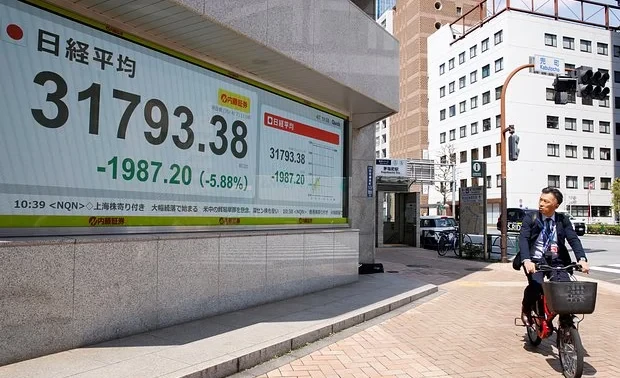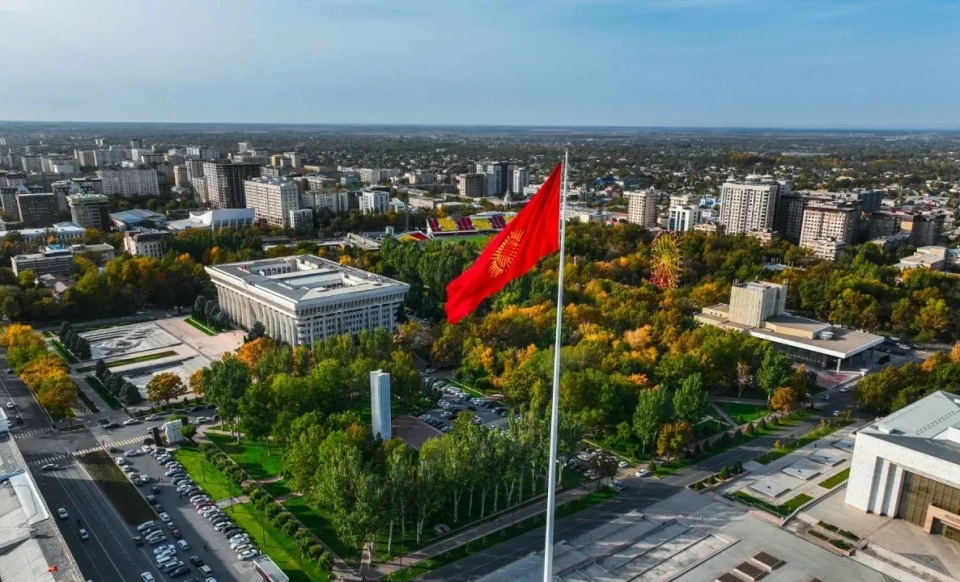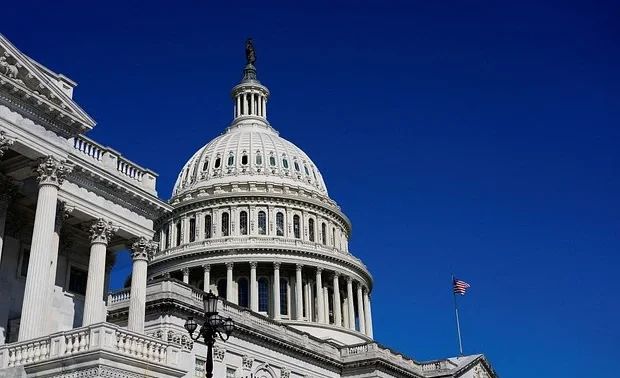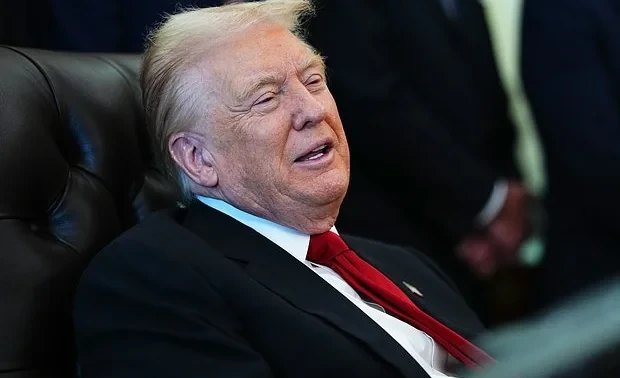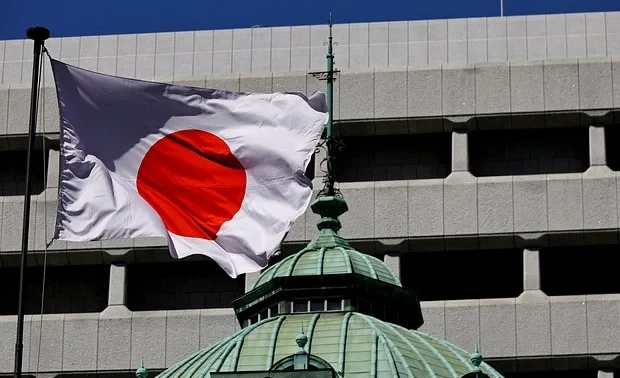
In response to rising prices for goods and services, Japanese authorities have decided to introduce a package of measures costing $129 billion. This was reported by the Kyodo agency.
Among these funds, more than $12 billion will be allocated for subsidies to local administrations, which will be able to use this money at their discretion. There will also be payments of 20,000 yen for each child, totaling more than $2 billion. Additionally, the government plans to reduce fuel taxes.
It should be noted that in the third quarter of this year, the country's economy showed a decline for the first time in six quarters, mainly due to a slowdown in consumer spending amid rising prices. The new government intends to support the economy through aggressive fiscal policy, which includes, in addition to the aforementioned measures, subsidies for electricity and gas payments during the first three months of next year.
Furthermore, the Japanese economy is facing a serious problem of labor shortages. The working-age population has decreased by 16% compared to the peak level of 1995, creating intense competition for personnel. Two-thirds of Japanese companies report that the lack of workers significantly affects their operations.








